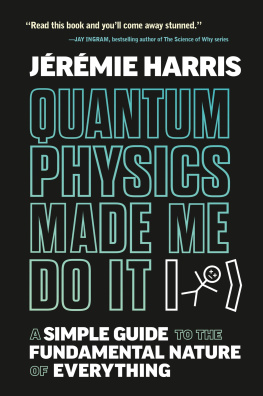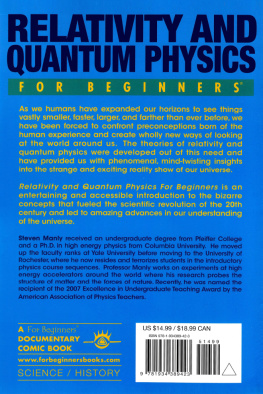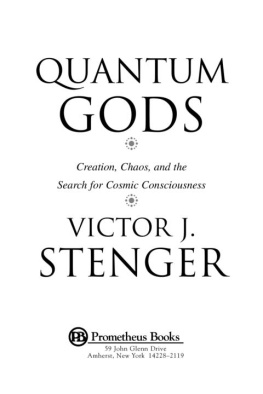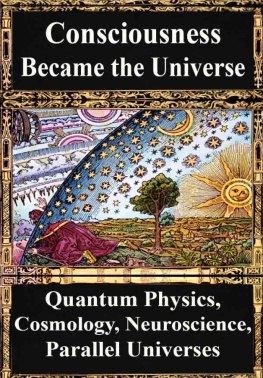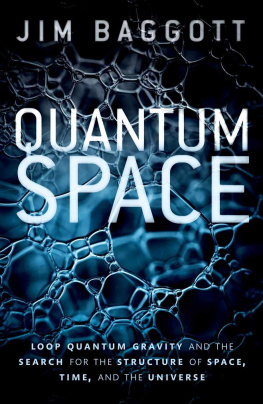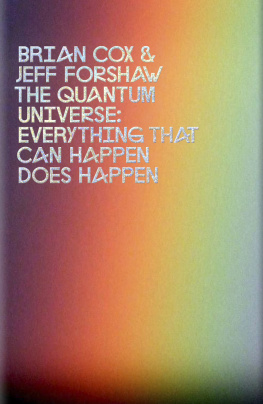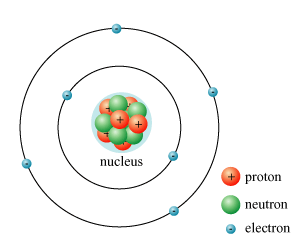Copyright 2022 Victor Folkert. All rights reserved. Except for brief quotations in critical publications or reviews, no part of this book may be reproduced in any manner without prior written permission from the publisher. Write: Permissions, Wipf and Stock Publishers, W. th Ave., Suite , Eugene, OR .
W. th Ave., Suite
Scriptures taken from the Holy Bible, New International Version, NIV. Copyright 1973 , 1978 , 1984 , 2011 by Biblica, Inc. Used by permission of Zondervan. All rights reserved worldwide. www.zondervan.com The NIV and New International Version are trademarks registered in the United States Patent and Trademark Office by Biblica, Inc.
Introduction
Imagination is more important than knowledge. Knowledge is limited. Imagination encircles the world.
Albert Einstein
That night my imagination was, in a certain sense, baptized.
C.S. Lewis
B oth science and faith require imaginationnot the kind of imagination that avoids reality, but the kind that explores reality.
My three-year-old granddaughter imagines a cat living in her closet. It works for her: she can be happy about the cat, and she doesnt have to feed it or empty the litter box. She can give a name to her cat and even imagine how it acts and feels, but someday her imaginary cat will disappear, because it exists only in her imagination.
My granddaughter also imagines her grandfather. I am quite real, but her image of me is limited, since she only sees me once or twice a year, and never in my office or on the basketball court. In her three-year-old mind, she cannot comprehend my deepest thoughts or rawest emotions. Yet in her imagination, she embraces what she knows of me and lays a foundation for knowing me better as she grows and we spend more time together.
Imagination is a useful tool for exploring realityeven the unseen realities of God and the universe.
Imagining Physical Reality
It is surprising that people do not believe that there is imagination in science. It is a very interesting kind of imagination, unlike that of the artist. The great difficulty is in trying to imagine something that you have never seen, that is consistent in every detail with what has already been seen, and that is different from what has been thought of; furthermore, it must be definite and not a vague proposition. That is indeed difficult.
Richard P. Feynman
Reality transcends human comprehension.
In high school chemistry, students learn about the Bohr model of the atom. The model gives a simple picture of an atom, with a nucleus consisting of positively charged protons and uncharged neutrons, surrounded by negatively charged electrons at increasing energy levels outside the nucleus.
The Bohr model is elegant and useful in visualizing atoms and molecular bonding. It can be misleading, however, as it pictures electrons as little balls orbiting a spherical nucleus, like planets orbiting the sun. In reality, electrons are not little balls, and they do not occupy circles around the nucleus. In fact, it is impossible to precisely determine their position and momentum at any given time.
Scientific models are ways of imagining deeper reality. They are useful to the extent they are consistent with observation, and they can be modified or superseded, based on new discoveries or understanding.
Re-Imagining Physical Reality
While it is never safe to affirm that the future of Physical Science has no marvels in store even more astonishing than those of the past, it seems probable that most of the grand underlying principles have been firmly established, and that further advances are to be sought chiefly in the rigorous applications of these principles to all the phenomena which come under our notice. It is here that the science of measurement shows its importance...
A.A. Michelson, 1894
Michelson was the first American physicist to win a Nobel Prize. Ironically, although he thought few great underlying principles were still to be discovered, his measurement of the speed of light as a fundamental constant was foundational for Einsteins groundbreaking Theory of Special Relativity.
By the time Michelson died in 1933 , physics had been turned upside down. Space and time were joined in a theory of relativity, and gravity was viewed as curvature of space-time. Mass and energy were linked through Einsteins famous equation, E=mc. Quantum mechanics emerged as a fundamental principle.
Twentieth-century developments in physics further challenged perceptions of the universe. On the large scale of astrophysics, scientists discovered quasars and black holes, cosmic background radiation, and an expanding universe. On the opposite end of the scale, they encountered deep mysteries of quantum vacuums, entanglement, and superposition.
New discoveries caused physicists to reframe the laws of nature. They imagined quantum reality in terms of uncertainty, probability amplitudes, potentialities, model-dependent realism, and measurement-created events.
Such concepts might sound strange to those not familiar with physics, and explanations will follow in future chapters. The strangeness will not disappear, however, for reality challenges the limits of the human mind. As a quote falsely attributed to Einstein says, Once you can accept the universe as matter expanding into nothing that is something, wearing stripes with plaid comes easily.
Although quantum physics blossomed in the early twentieth century, its implications are just beginning to make their way into the worldview of many people.
Imagining God
(God) sits enthroned above the circle of the earth, and its people are like grasshoppers. He stretches out the heavens like a canopy, and spreads them out like a tent to live in.
Isaiah :
Who is so devoid of intellect as not to understand that God, in so speaking, lisps with us as nurses are wont to do with little children? Such modes of expression, therefore, do not so much express what kind of a being God is, as accommodate the knowledge of him to our feebleness.
John Calvin
If the mysteries of the natural world exceed human comprehension, the mysteries of God are even more impenetrable. Human comprehension is limited by the boundaries of the universe, the time span of human awareness, and the development of human minds. God transcends those boundaries.
The writers of the Bible imagined God, whom they could not fully comprehend, in the framework of their experience. Isaiah imagined God stretching out the heavens like a tent. Moses spoke of seeing Gods back, but not his face. Jesus told parables that invited his hearers to imagine God as a father, a master of a household, or a rich man inviting street people to enjoy his banquet.
Imagination can lead people astray, however. History teems with gods as projections of human thoughts or experiences: supernatural humans, animals embodying traits of strength or sexuality, or abstract human ideals such as wisdom or beauty. God warned his people not to worship any image of him, because human-created images can never capture the deep reality of God himself.


